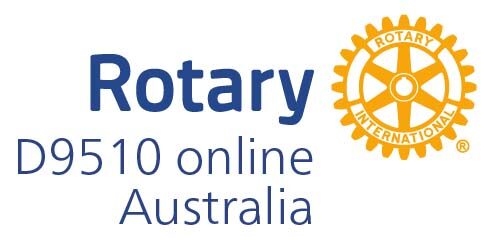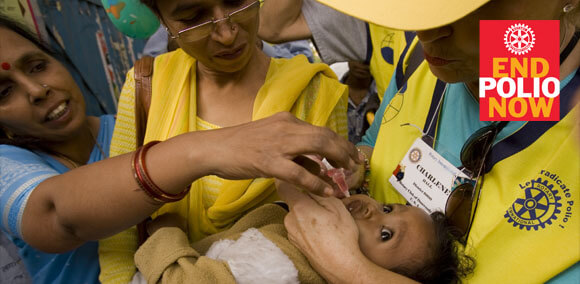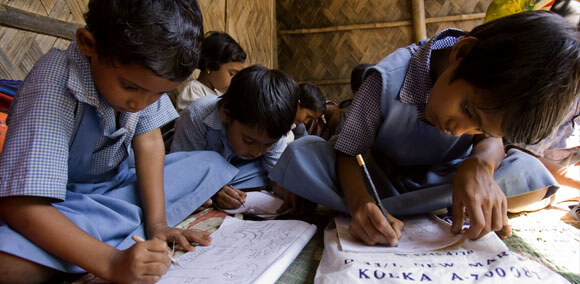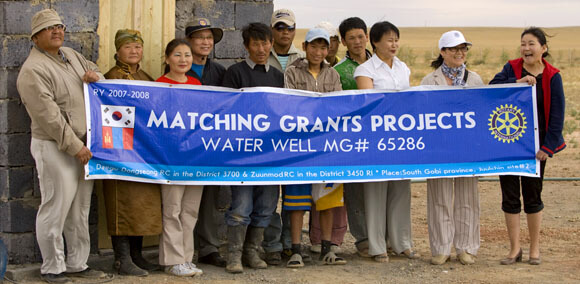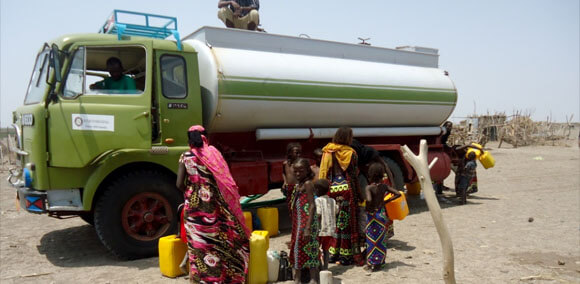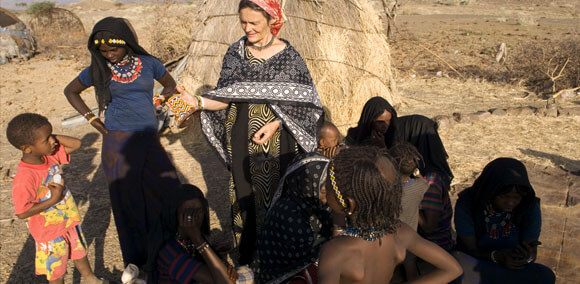Drought conditions have taken a massive grip on much of the Region
Thirst
For almost the entire Region, rain has not fallen since late September 2021. Now, in the thick of the annual hot season, communities are crying out to be rescued from the dangers of thirst. Added to this, Kamsiin winds are blowing off the Saudi Peninsular, the annual 50 days of searing heat dust. Now scores of communities that have road access are begging for water trucking, even more than usual as TPLF have destroyed and dismantled as many water schemes as they could reach in the process of battle.
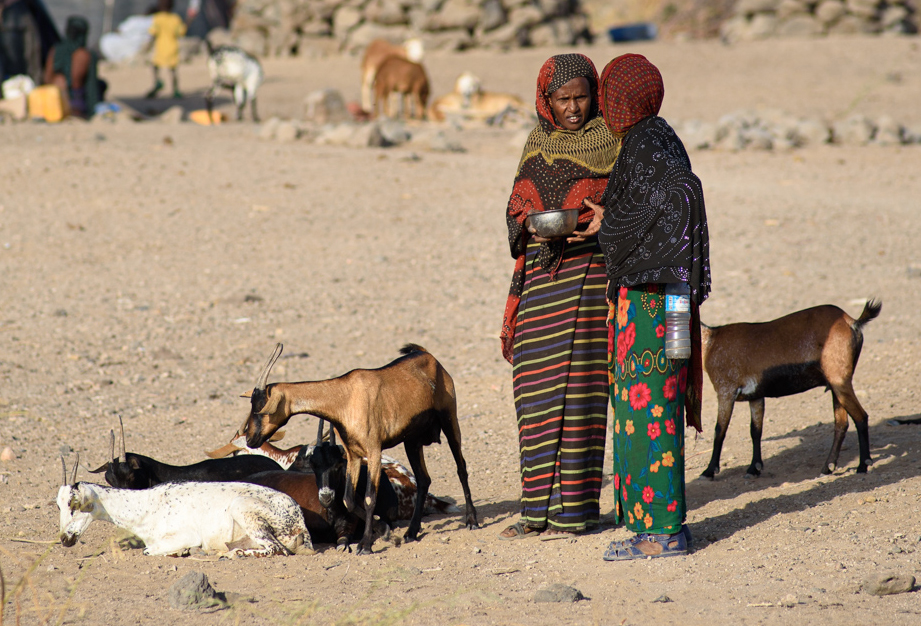
APDA is currently water trucking with 7 vehicles and being asked to more than double this. While the rain has begun in Addis, there is no sign of immanent precipitation right now, the main rainy season not expected before late July. This daily hardship falls on women, as it is they who are traditionally responsible to bring water to the household and it is they who perform all care for dependent family members.
Affected districts are in northern and central Afar as well as being among displaced people still living in displacement camps. Probably the worst – affected are close to the northern Eritrean border in Bidu, Eli Da’ar, Kori as well as districts such as Konnaba, Aba’ala, Barhale and Erebti where TPLF destroyed over 40 water schemes by taking or destroying solar systems, pulling apart generators, cutting up pipelines making this a reason why displaced people cannot return to their home settlements.
The herd
In this scorching heat, young and breeding animals are collapsing since the grazing vegetation is by and large tinder- dry. Animal treatment is no longer enough: animal feed is urgently needed to rescue thousands of goats and even camels from dying. Disrupted in caring for the herd IF their herd was not slaughter/ confiscated by the TPLF in fighting, Afar are now struggling to keep the remaining herd alive lest they fall into abject destitution. Thus animal feed along with treatment from drought – induced diseases is vitally needed.
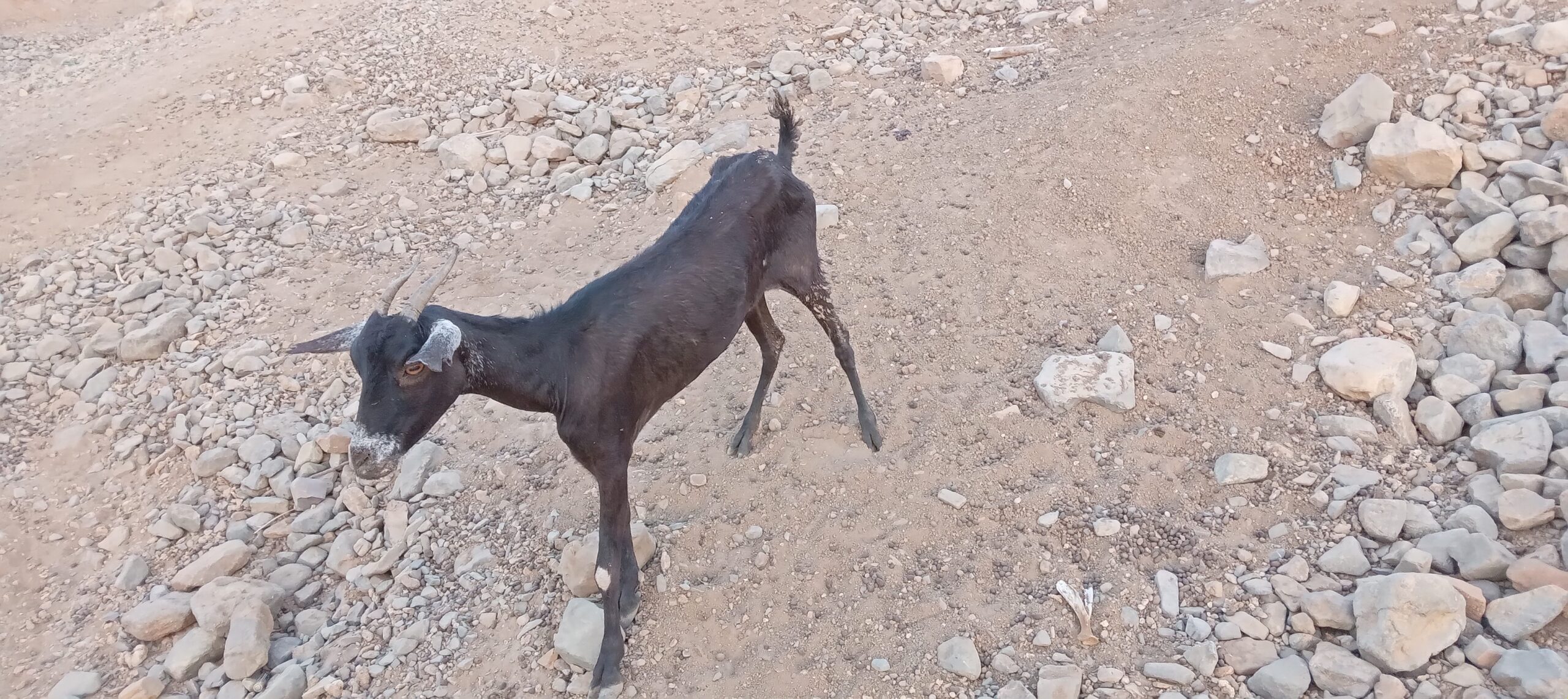
Hunger and malnutrition
Without milk from the herd, families are now up to 7 months without any substantial protein in their diet and certainly almost no micronutrients. Eating wheat ground made into bread and porridge alone leaves the under 2 year olds utterly physically and mentally growth stunted aside from the cruelty of actual malnutrition. The conflict – displaced 600,000 odd people are now in the same category as those drought – affected: all are loosing/ have lost herding livelihoods and even those who were considered well – off as Afar merchants are brought to this level of destitution, TPLF having looted their property. Thus Afar Region has never been so massively food insecure or had such immensely – telling malnutrition that is suffocating life to the level of famine in the most peripheral areas. Contaminated water and no sanitary facilities where displaced people are living in dense proximity are contributing to child malnutrition through waterborne diseases.
Now hundreds of northern children have died in displacement without appropriate nutrition as well as little to no medical care as they fought heat and poor hygiene conditions. Tiny children are covered in skin sores due to heat and dirt, their mothers having little or no breast-milk.
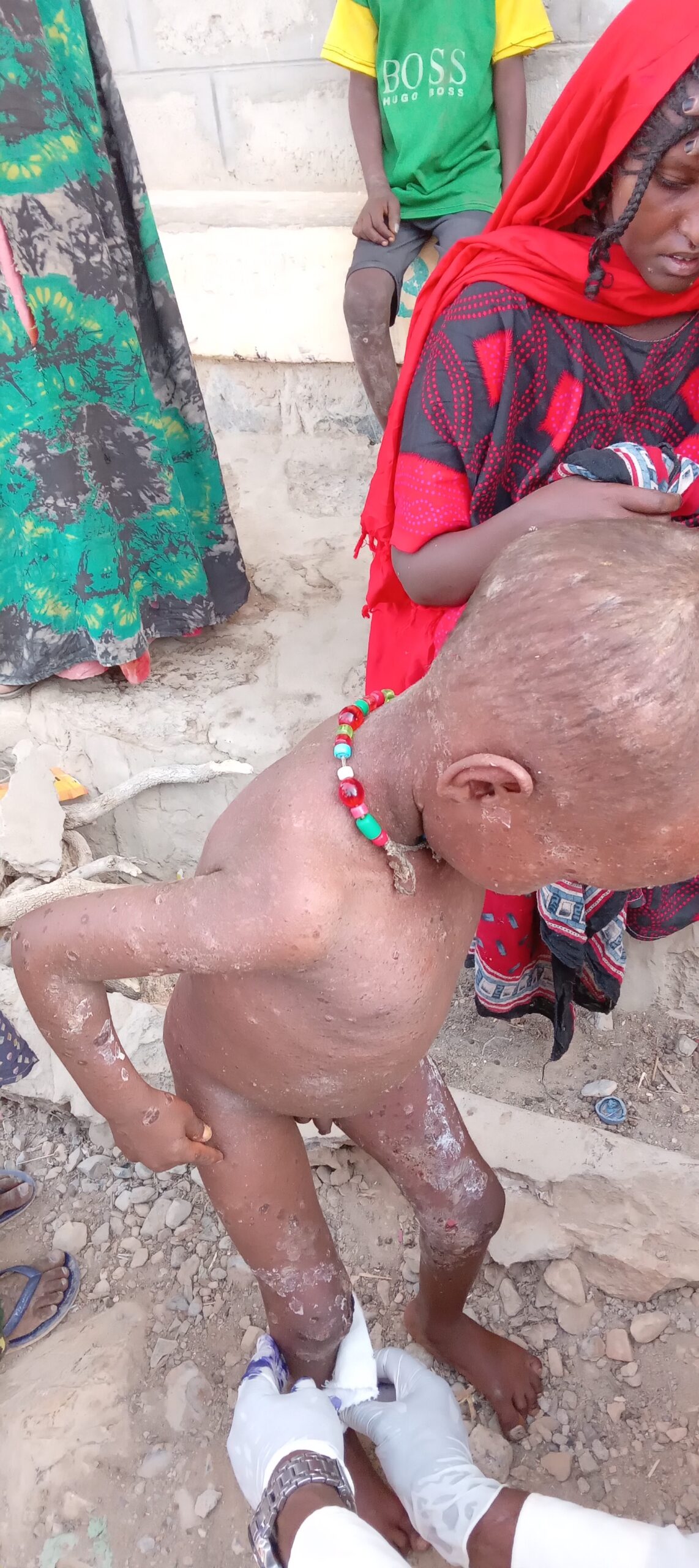
This hunger is particularly evident among displaced people but the host communities are affected due to lack of food on the market as well as the extra-ordinary inflation that is as high as 70% in northern Afar. While a kilogram of sugar costs 50 ETB in Logya, in Magaale for example it was 150 ETB. In early June in Dirma where Magaale displaced are living, a group of displaced men explained how they shared to purchase a kilogram of sugar, boiled up tea each morning, each drinking a cup and convincing themselves they were thereby fed for the day so that their children and women could eat something. The grain they had received at 50 kilograms per household from WFP lay on the ground in an endless snake of bags awaiting the one grinding mill: the privately – owned mill has the capacity of grinding 10 bags per night (avoiding the heat of the day), the only such service for over 5,000 households. No grinding mills, disproportionate distribution, no distribution for upwards of 5 weeks are some of the desperate stories of displaced/ now returning people telling their most anxious need.
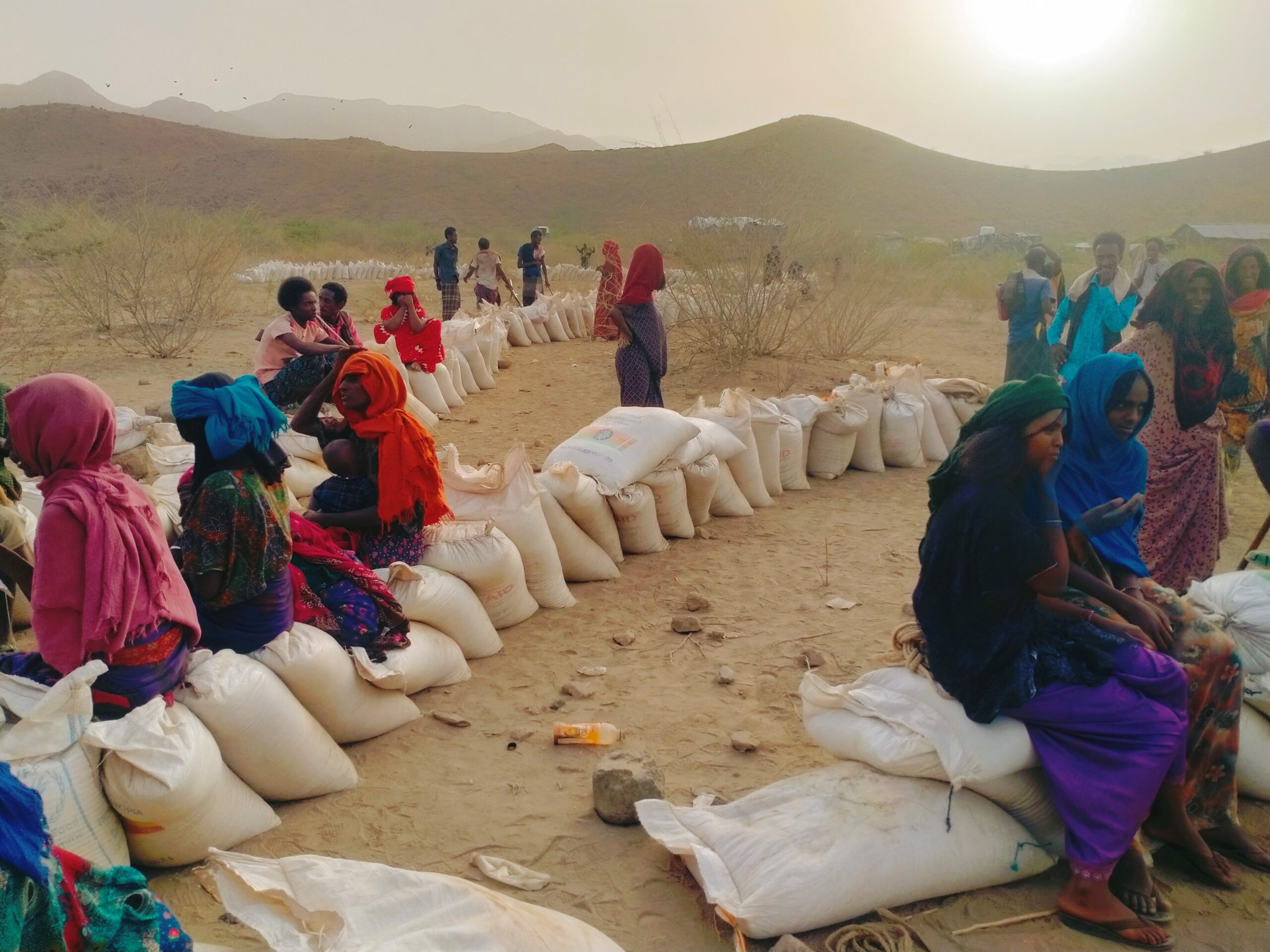
APDA’s current response:
- Seven water trucks serving around 24,100 otherwise utterly desperate people. Fuel support to work water pumps also assists in 2 districts.
- Teams of community health workers are continually screening displaced and drought – affected people for malnutrition giving immediate treatment along with hygiene and sanitation awareness, distribution of soap and, where needed, water purifying chemicals as well as treating those found with acute illnesses – commonly diarrhea, malaria, chest infection, eye and skin infection all tainted with anemia.
- Veterinary treatment for all manner of animal infectious diseases as well as internal and external parasites.
- Sending out food to fill gaps using contributed unrestricted funds – around 25 MT of nourishing food has gone out to Erebti for local and displaced people this week and a further truck of supplementary food is bund for severely malnourished mothers in Gala’alu today.
- A small amount of re-stocking is taking place in ‘Adda’ar and Teeru, total 172 households
Animal feed is on the road to arrive in the organization warehouse from where it will be immediately transported to dying herds in Eli Da’ar, Bidu and Magaale displacement site.
Displacement: people isolated and harassed
TPLF withdrew from most the northern districts of conflict as of April 22nd 2022 their presence remaining in 3 kebeles of Magaale preventing the displaced of that district returning home. The Afar militia were not able to send out the Tigray armed forces from rural ‘Aba’ala till mid May.
The displaced people were held in suspension as to their future in 2 rural kebeles of Afdeera, three in Erebti, in Dallol, in Afdeera town, in Guyah between Afdeera and Sardo on the Djibouti Road and then in various sites and partially constructed buildings of Dubte, Logya and Samara towns. Living was frugal: clean water insufficient, health facilities all but non-existent and most worrying food supply totally irregular and by and large, needing to be ground to eat. With all that, the displaced were faced with going home to nothing with a high suspicion that if they left where they were displaced, chances of food supply would whittle away. In all camps and all rural displacement sites, significant numbers of their children elderly and others died of poor nutrition mixed with various sicknesses.
The post-war reality of the day is of none/ extremely limited government services; with rural livelihoods in tatters. Animals were driven into Tigray; eaten or burnt; traditional bee-keeping hives systematically burnt and the markets/ towns they once depended on are looted dry. ‘Aba’ala town, only 2 hours drive from Mekele, as seen 3 days ago is by far the most systematically laid to ruins with every business and service premise stripped of any possibility of functioning. Millions of traders’ money and goods are looted, hotels in ruins the town literally a standing ghost of its former self. ‘Aba’ala hospital needs rebuilding in part and every single piece of equipment replaced. In the entire district, only one water scheme functions, the community having stuck the pipes together again. The wide and normally fertile farming valley of Aba’ala is utterly dry and uncultivated.
Right now, Aba’ala’s displaced population is in and around Erebti town, 50 kilometers from Aba’ala town, people unable/ refusing to go back to their places of origin. The district is yet to be checked for unexploded ordinances (explosive left – overs from fighting) and, with almost no water, zero health service, no market and the fear of no food support, going back is not seen as a foreseeable option.
Around 20 to 30,000 Aba’ala women and children as well as elderly men are in Erebti town school as well as lining the banks of the Erebti River within walking distance of the town. APDA is working to establish 4 latrines there since the town does not have any public facilities; the health center is barely functioning and the town has very minimal supplies of food that can be bought. The main hue and cry of these people is hunger, most having come from displacement in the rural sites of Garbeena bordering to Afdeera and Harsuuma in rural Afdeera. Their children are covered in sores and are highly malnourished, many of them requiring hospitalization. Aside from one ambulance in Barhale beyond ‘Aba’ala, there are no ambulances in the north so the poorly – equipped health center in Erebti is struggling to provide care.

While in deserted Aba’ala district, APDA visited the rural sub-district of Gubbe, one of the 5 kebeles between Aba’ala and Barhale that from January 2022 on was utterly inaccessible. They apparently survived on relief food sold to them by TPLF. TPLF did occupy Gubbe for 45 days during the fighting and, in that space of time, devastated the future of the community by burning and stripping off mats from traditional houses as well as massively destroying their animal herds so that a few straggling animals only are left.
Immediate Response:
- Continue to provide house-to-house health service of nutrition screening/ malnutrition treatment; hygiene and sanitation awareness, soap and water containers until government health services can be restored. Ambulance service is also vital to this.
- Gap – filling with food where people are without especially supplementary food for pregnant and lactating mothers
- Rehabilitate water schemes providing emergency water trucking meanwhile to save lives.
- Shelter support for these much larger, northern houses – they will take a minimum of 20 mats per house compared to the 6 mats offered to the homeless as a result of the first 2021 conflict. Cooking pots and sleeping mats are also needed.
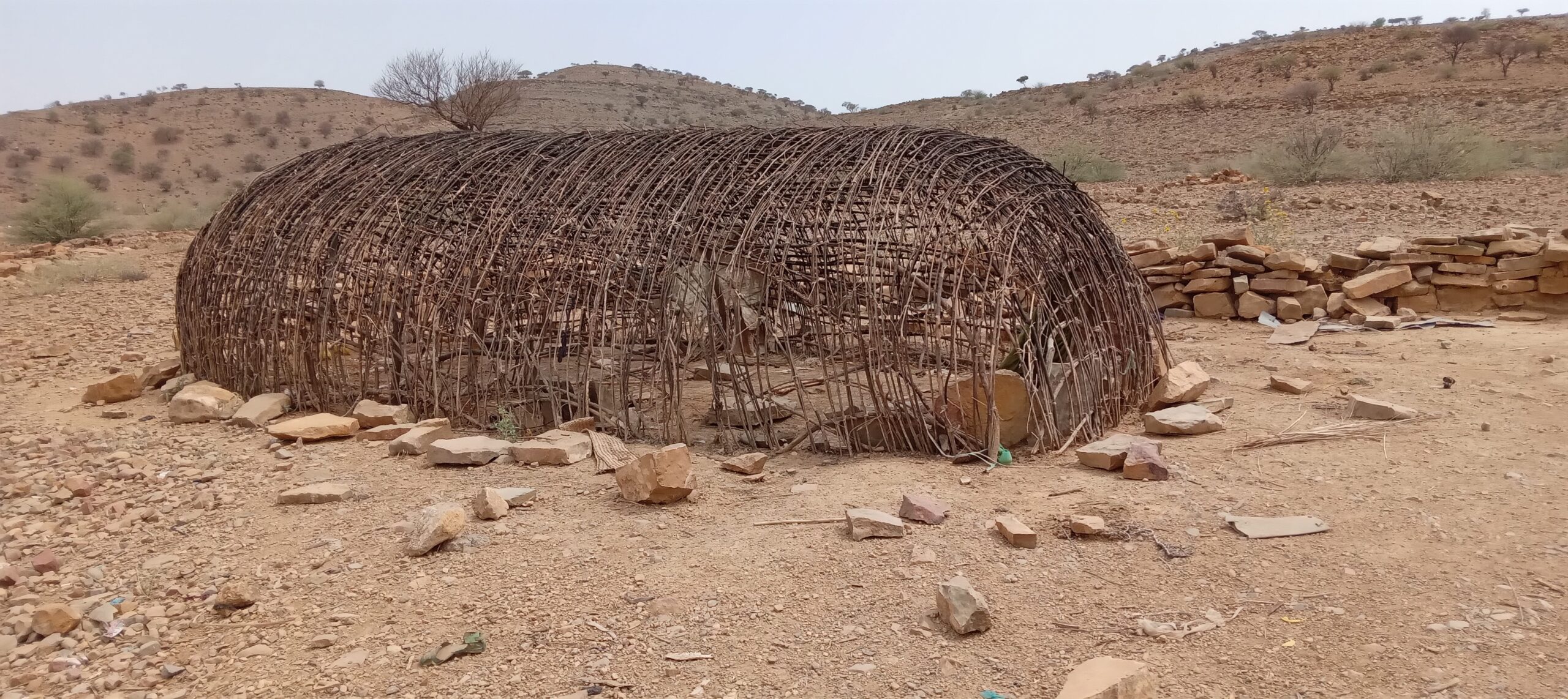
Immediate to ongoing response:
- Kick-start rural markets and economies through providing food to local cooperatives to sell that they initiate marketing at controlled, reasonable price making food accessible and affordable. As far as possible, support community transportation being this is a fundamental challenge.
- Re-stock goatherds strategically to resume livelihoods. Protect animals with treatment and animal feed in the current dire conditions.
From the bad to the good news: Bananas are sprouting despite the drought!
APDA has been generously supported to facilitate pastoralists into agro-pastoralism where water can be obtained. This season is seeing a historic first of bananas as well as pawpaw in Garani, the Region’s now 3 – year old district on the terminal end of the Awash River adjacent to Assaita – beautiful fertile land that has only known gravity irrigation for maize till now and on the Mille River where bananas did grow in the time of the Dergue, the first two restored plantations are now up and running. This has brought great hope and joy to these communities.
Still more! APDA is about to repeat this transformation on the banks of the Erebti River close to where the displaced people are. Again, the organization is establishing a 5 – hectare patch of GREEN just out of Logya, the Region’s largest town as both exemplary and a center of horticultural learning for the entire community. Here, using an onsite borehole within 6 months it will be sprouting onions, tomatoes and more along with bananas, pawpaw, avocadoes and so on as well as fodder grass. It is planned that 24 rural communities will benefit by sending each 15 women and 5 youth to learn and experience for 2 months over a 3 – year period. Inshallah, this WILL transform the upper information into ‘good news’ over a period of time.

Finally, APDA has very recently opened a Twitter account – twitter.com/afarapda with the ambition to do better in keeping you and the world informed, this considered essential as indeed the future of the Afar society under all the threats and constraints they endure is really an unknown entity. In all, we still see ourselves knee-deep in the emergency trying also to shine the light of hope through recovery of markets and food production where possible.
